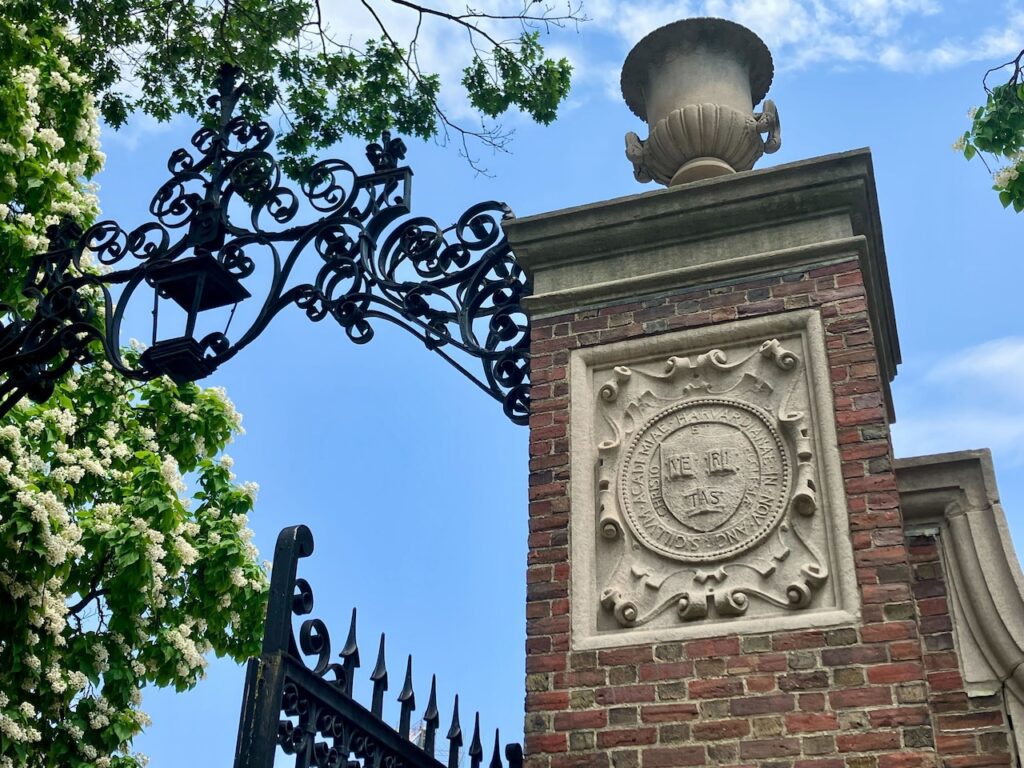Harvard Kennedy School is offering international students the option to study online or attend the University of Toronto for those who are unable to come to the United States, according to a Tuesday letter from Dean Jeremy Weinstein.
“We are announcing these contingency plans now to alleviate the uncertainty many students feel, but we will not officially launch these programs unless there is sufficient demand from students who are unable to come to the United States due to visa or entry restrictions,” Weinstein said.
“To our students: we hope to see you on campus in the fall, but if that is not possible, we will bring HKS to you,” he said.
Fifty-two percent of Harvard Kennedy School’s student population is international. They are from more than 100 countries, according to the institution.
The announcement comes after a federal judge ruled in the university’s favor on two separate preliminary injunctions — allowing Harvard to host international students and rejecting the Trump administration’s attempt to ban Harvard foreign students from entering the country to study.
Trump boasted on Friday of a “mindbogglingly HISTORIC” deal with Harvard University.
The reported deal is on the back of months of battling between the two parties, where the Trump administration has claimed the university failed to protect Jewish students, particularly in the wake of the war in Gaza.
The pair of injunctions effectively replaces two temporary restraining orders on those issues that were granted in May and June.
Burroughs still needs to rule on the legality of the case, but the injunctions provide a pause until that happens.
What is being offered?
The online program would be for new and returning students through the school’s HKS Global program. It offers students “best-in-class online instruction” and the ability to participate in up to three intensive “in-person convenings in cities around the world” where students can take credit-bearing sessions taught by Harvard faculty and engage in co-curricular activities, according to Weinstein.
The option to study at the Munk School of Global Affairs and Public Policy at the University of Toronto is only available for returning students. The students are offered classes taught by Harvard faculty, both online and in person and instructors at the Canadian school.
“These are exceptional times,” said Janice Stein, founding director of the Munk School of Global Affairs & Public Policy. “If Harvard Kennedy School international students are not able to complete their studies in Cambridge. Mass., the Munk School of Global Affairs & Public Policy looks forward to providing shared academic and co-curricular experiences for students from both our schools.”
What has happened with the Trump administration?
The battle over international students started when the Department of Homeland Security said it was revoking a key certification that allows Harvard University’s international students to study there.
The institution was offered an ultimatum by the Trump administration to lose the certification or give up information about its foreign student population.
Quickly after, Judge Burroughs granted a temporary restraining order.
Secretary of State Marco Rubio later stated that the U.S. would begin revoking the visas of some Chinese students and increase vetting of social media accounts of student visa applicants.
Following the revocation attempt, President Donald Trump issued a proclamation that barred Harvard’s international students from entering the country to study. He also directed Rubio to consider stopping the processing of Harvard student visas.
A temporary restraining order from Burroughs blocked that, and the State Department ordered embassies around the world to resume processing Harvard University student visas.
Harvard international students have been wrongly detained at Boston Logan Airport and denied visas, according to Maureen Martin, Harvard’s Director of Immigration Services, who wrote in a court filing.
At the same time, the State Department told consulates last week that they should prioritize the student visas of those aiming to attend colleges with less than 15% international students, according to the Associated Press.
There are 200 institutions with total student populations of more than 15% international, including all the Ivy League schools and 26 public universities, the outlet said.
About 27% of Harvard’s undergraduate and graduate students are international, according to 2024 to 2025 data.
Harvard has a separate lawsuit in reaction to the federal government freezing or cutting nearly $3 billion in federal funding, citing antisemitism at Harvard.
“In the Trump Administration, discrimination will not be tolerated on campus. Federal funds must support institutions that protect all students,” the U.S. Department of Health and Human Services wrote in May as it cut $60 million in grants to Harvard.

